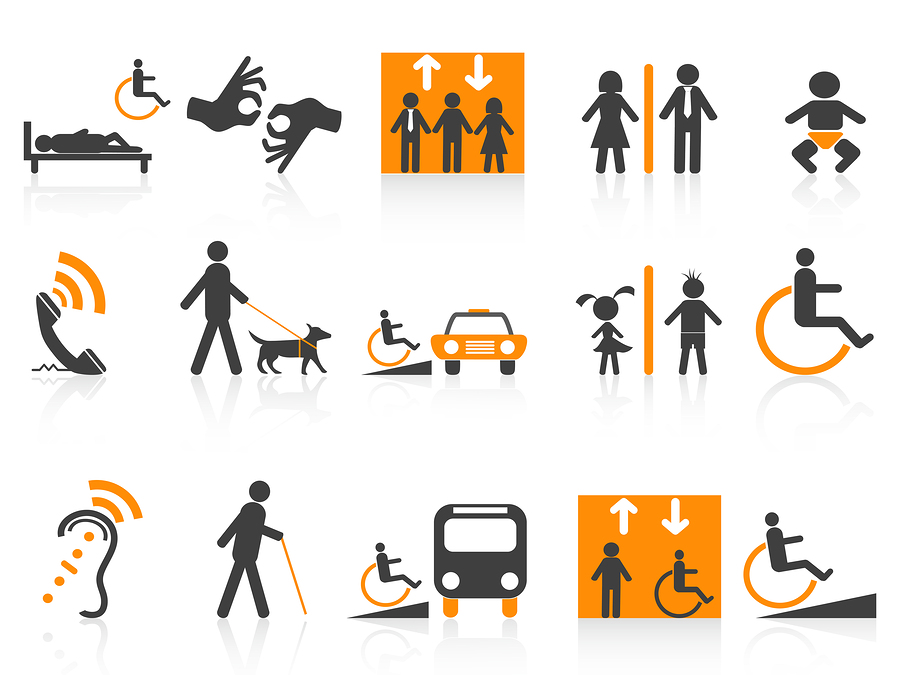
EOC publishes statements to express concerns over the rights of people with disabilities to use public services and transport
The rights to security of person and to full, equal participation in society are basic human rights. But people with disabilities (PWDs) still face many barriers in exercising their rights in these areas.
For instance, housing units run by the Housing Department have no visual fire alarms for residents with hearing impairment. In addition, the 992 SMS emergency service of the Police is less convenient compared to the 999 system.
On 18 December 2017, a group of individuals with hearing impairment visited the EOC office to express their dissatisfaction with the abovementioned arrangements by the concerned Government functions. In response, the EOC published a statement, in which EOC Chairperson Professor Alfred CHAN Cheung-ming said: “There is certainly room for improvements in the existing measures. An effective fire alarm system and emergency service are of utmost importance for the protection of everyone, including persons with hearing impairment. The omission of such services, apart from failing to protect personal safety, lives and properties, may also violate the Disability Discrimination Ordinance (DDO).”
PWDs also face inconvenience in using public transport. In the “Report on Hong Kong Taxi Passengers Survey” released by the Hong Kong Taxi Council in mid-December, over 70% of the respondents believed that there is an insufficient supply of wheelchair accessible taxis in Hong Kong. The EOC expressed concern over the findings, and explained in a statement that it may be unlawful under the DDO for operators of public transport to provide facilities which are inaccessible to PWDs. In fact, the EOC published in May 2017 the “Study on Taxi Accessibility of Hong Kong”, which reviewed taxi accessibility and included a list of recommendations to the Government on improving the situation. The EOC will follow up on the recommendations and continue to work closely with the Transport Department on improving taxi accessibility and sensitivity among taxi drivers in providing services to PWDs.

